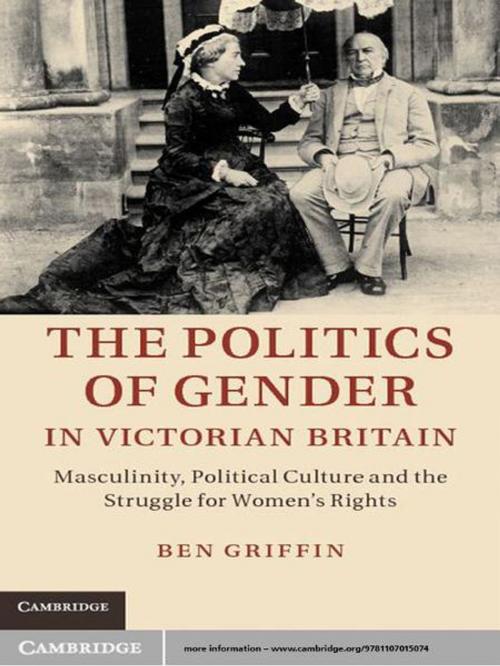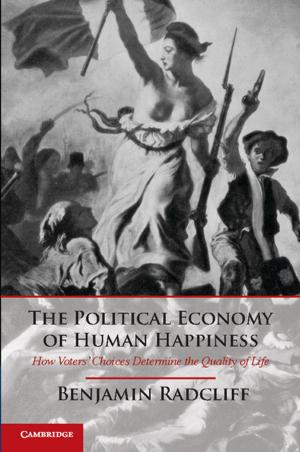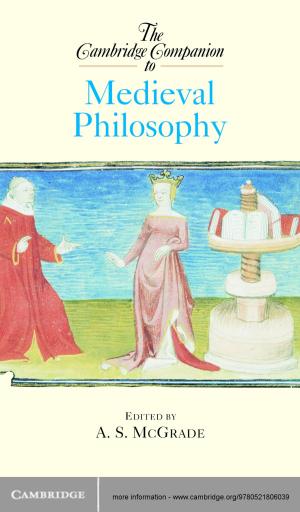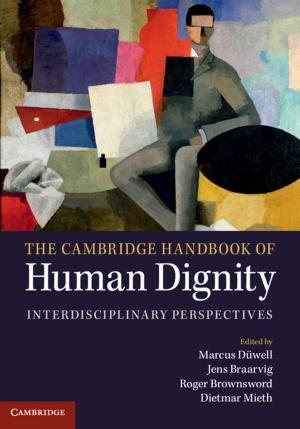The Politics of Gender in Victorian Britain
Masculinity, Political Culture and the Struggle for Women's Rights
Nonfiction, History, British, Social & Cultural Studies, Social Science| Author: | Ben Griffin | ISBN: | 9781139210027 |
| Publisher: | Cambridge University Press | Publication: | January 12, 2012 |
| Imprint: | Cambridge University Press | Language: | English |
| Author: | Ben Griffin |
| ISBN: | 9781139210027 |
| Publisher: | Cambridge University Press |
| Publication: | January 12, 2012 |
| Imprint: | Cambridge University Press |
| Language: | English |
This groundbreaking history of Victorian politics, feminism and parliamentary reform challenges traditional assumptions about the development of British democracy and the struggle for women's rights and demonstrates how political activity has been shaped by changes in the history of masculinity. From the second half of the nineteenth century, Britain's all-male parliament began to transform the legal position of women as it reformed laws that had upheld male authority for centuries. To explain these revolutionary changes, Ben Griffin looks beyond the actions of the women's movement alone and shows how the behaviour and ideologies of male politicians were fundamentally shaped by their gender. He argues that changes to women's rights were the result not simply of changing ideas about women but also of changing beliefs about masculinity, religion and the nature of the constitution, and, in doing so, demonstrates how gender inequality can be created and reproduced by the state.
This groundbreaking history of Victorian politics, feminism and parliamentary reform challenges traditional assumptions about the development of British democracy and the struggle for women's rights and demonstrates how political activity has been shaped by changes in the history of masculinity. From the second half of the nineteenth century, Britain's all-male parliament began to transform the legal position of women as it reformed laws that had upheld male authority for centuries. To explain these revolutionary changes, Ben Griffin looks beyond the actions of the women's movement alone and shows how the behaviour and ideologies of male politicians were fundamentally shaped by their gender. He argues that changes to women's rights were the result not simply of changing ideas about women but also of changing beliefs about masculinity, religion and the nature of the constitution, and, in doing so, demonstrates how gender inequality can be created and reproduced by the state.















